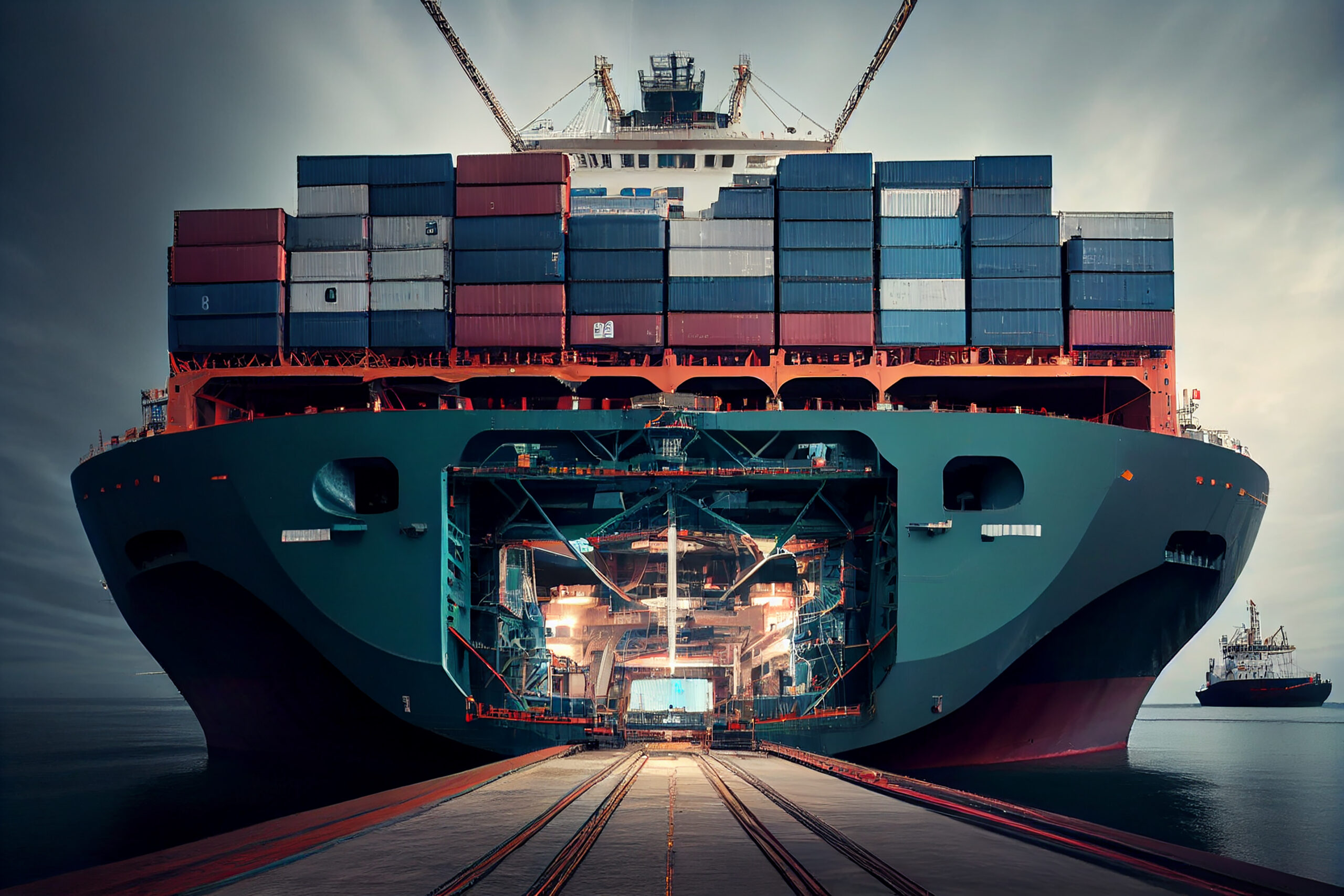
The year 2024 promises a dynamic and complex landscape for global logistics. As we emerge from the disruptions of the past few years, importers and exporters face both significant challenges and promising opportunities. To navigate this terrain successfully, understanding the current trends and formulating strategic responses is crucial.
Challenges:
Geopolitical Tensions:
Ongoing conflicts and political instability disrupt supply chains, causing delays, route closures, and fluctuating fuel prices. The war in Ukraine, for example, has significantly impacted grain exports and global food security. Finding the best freight forwarding companies can help you navigate these disruptions by identifying alternative routes and reliable suppliers, particularly in freight forwarders in India where geopolitical tensions may impact certain routes.
Port Congestion:
Major ports worldwide are experiencing record container backlogs, leading to longer dwell times, higher shipping costs, and missed delivery deadlines. Optimizing inventory management and exploring inland transportation options can help businesses minimize the impact of port congestion. Partnering with the best freight forwarding company equipped to handle congested ports can also make a significant difference.
Labor Shortages:
The lack of skilled labor throughout the logistics industry, from truck drivers to dockworkers, is adding further strains to the system. Investing in automation and fostering workforce development partnerships can alleviate these challenges. However, a reliable freight forwarder in India with an established network can often overcome labor shortages through their resources and connections.
Climate Change:
Increasingly frequent and severe weather events, such as hurricanes and floods, are disrupting transportation routes and damaging infrastructure. Building resilience in supply chains by diversifying routes and implementing risk management strategies is essential. Choosing a freight forwarder with experience in navigating weather disruptions and alternative routes can be crucial in mitigating these risks.
Opportunities:
Technology Adoption:
Technological advancements like Artificial Intelligence, blockchain, and data analytics are enabling more efficient and transparent logistics systems. Embracing these technologies offered by top freight forwarding companies can benefit your business with improved tracking, predictive maintenance, and optimized route planning.
Sustainable Practices:
The growing consumer demand for sustainable products and services is driving the adoption of greener logistics solutions. Utilizing electric vehicles, biofuels, and carbon offset programs, as offered by many best freight forwarding companies in India, can improve your brand image and attract environmentally conscious customers.
Regionalization and Nearshoring:
Rising concerns over geopolitical instability and shipping costs are prompting businesses to consider regionalizing their supply chains. Nearshoring production to geographically closer locations, particularly with the help of a skilled freight forwarder in India, can offer improved responsiveness, shorter lead times, and reduced vulnerability to international disruptions.
E-commerce Boom:
The continued growth of the e-commerce market presents immense opportunities for importers and exporters. Building efficient fulfillment networks and offering flexible delivery options, through strategic partnerships with the best freight forwarding companies, can capture a larger share of online consumer spending.
Strategies for Optimization:
Diversify suppliers and transportation routes:
Reduce dependence on single sources and minimize exposure to regional disruptions. Utilize the expertise of the best freight forwarding company to identify reliable alternate routes and suppliers.
Invest in supply chain visibility tools:
Enhance transparency and optimize decision-making by tracking shipments in real-time, a service often offered by leading freight forwarders in India.
Adopt flexible logistics models:
Be prepared to adapt to changing circumstances and market demands by utilizing agile practices, as facilitated by a capable freight forwarder.
Develop strong partnerships:
Collaborate with reliable freight forwarders, customs brokers, and technology providers to leverage their expertise and navigate the complex shipping landscape.
Embrace innovation:
Stay informed about emerging technologies and explore their potential applications for your specific needs, with guidance from your freight forwarding partner.
Conclusion:
While the 2024 shipping landscape presents various challenges, it also offers exciting opportunities for those who adapt and innovate. By proactively addressing potential disruptions, embracing technological advancements, and establishing sustainable practices, importers and exporters can navigate this complex terrain and build resilient, efficient supply chains. Partnering with the best freight forwarding companies available, particularly those with expertise in freight forwarding in India, can provide invaluable support in overcoming these challenges and seizing the opportunities ahead. By remaining informed, agile, and focused on optimizing value for their customers, businesses can thrive in the ever-evolving world of global logistics.